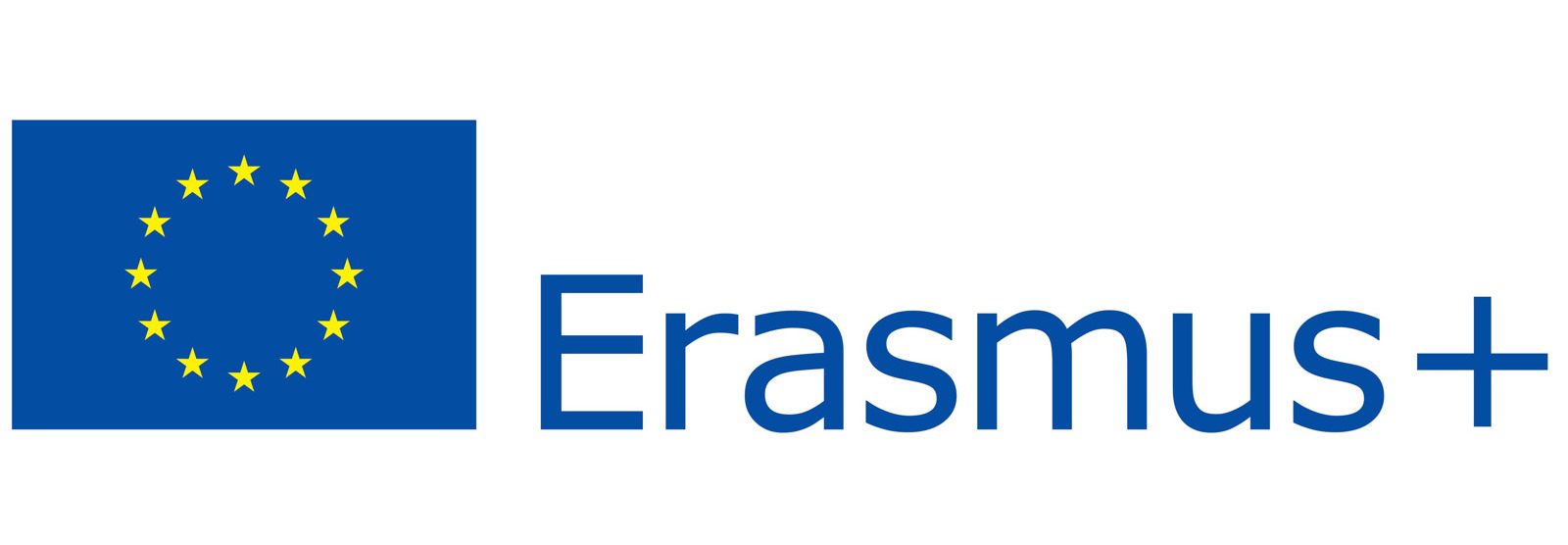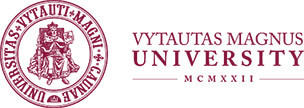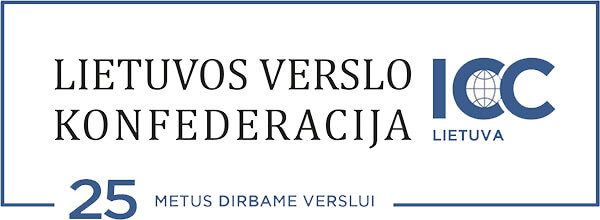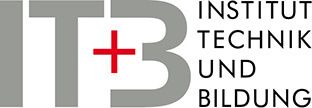On September 6, 2021 Andreas Saniter, representing ITB Bremen, STEP-UP project partner and leader of the development of the first project output, participated in the online conference of emerging researchers in Geneva.
Contribution
With the expansion of apprenticeship, work-based learning (WBL) and other dual education schemes supported by EU initiatives such as the European Apprenticeship Alliance (EAfA) and reforms of national technical vocational education and training (TVET) systems promoted in many EU member states, more companies need support to ensure the development and improvement of new digital skills of potential trainers and tutors. Improving the continuous professional development of trainers and tutors in companies has been on the EU policy agenda for a number of years, but now becomes even more important in the context of increased policy attention (EC 2010-2012, Teachers and Training Matters EC 2018).
The current study is being performed as part of the Erasmus+ project “STEP -UP Supporting Tutors Educational Profile.”
The comparative analysis of apparent good practices and methodological approaches to support WBL tutors working in digitized work processes implemented in Italy, Germany, Spain and Lithuania involves the selection of good practices of technical and pedagogical skills and innovative approaches for training trainers and tutors engaged in WBL practices.
The research is based on the assumption that there is a direct link between the effectiveness of WBL schemes and the pedagogical skills held by all the different professionals involved in the planning, execution, follow-up and evaluation of these pathways. Particularly important issues relate to the development of pedagogical competencies for trainers in the company in order to be adequately equipped for the new digitized or expanded roles. The digitization of work processes creates specific demands on professional and general skills and competencies for trainers (Lee, Pfeiffer 2019; Pfeifer 2017; Spöttl et al 2016; Spöttl, Windelband 2019). These new competency demands concern both the new professional skills and competencies related to the application of Industry4.0 technologies (AI, cyber-physical-systems, VR, Big Data, etc.) and the demand for the new pedagogical skills and competencies related to innovative and digitized pedagogical techniques (Brown et al, 2018; Hirsch-Kreinsen, Itterman 2019; Zinke et al 2017).
The roles of trainers are also changing, as they need to work closely with both the engineering and production staff of companies as well as VET providers and teachers to guide apprentices in the digitized work environment. The development of pedagogical competencies for in-company trainers is still rather marginal and fragmented in most of the countries involved, despite the increasing focus of VET policymakers on the implementation and development of WBL and apprenticeships. Continuing professional development, however, often seems to be a neglected area for both teachers and in-company trainers. This aspect presents a major challenge to the quality of apprenticeships in terms of the cost to both the public sector and businesses of ensuring the provision of sufficiently competent teachers and trainers.
Therefore, training and developing the competencies of WBL trainers under the conditions of digitization of work processes requires a systemic and holistic approach to their competencies focused on all areas of WBL (from curriculum design and planning to competency assessment) and supported by mutual and regular feedback mechanisms.
This comparative study focuses on the following aspects to support WBL trainers:
– main structures of WBL in partner countries: objectives, places of learning, alternation and cooperation, actors involved and their main tasks, funding and legal issues, curriculum structures, exams, approaches, involvement of research in the development of the system,
– training of trainers/tutors, how trainers/tutors are chosen, level of training of trainers/tutors, quality standards/evaluation,
– digitized work and learning stations, learning potential, and mentoring activities,
– examples of apparent best practices of reaction within trainers/tutors’ training on digitization-induced challenges.
The case study analysis of WBL trainers’ and tutors’ training best practices in the project partner countries revealed that there is a significant gap in systematic and comprehensive assistance and support in developing the skills and competencies of trainers and tutors needed to work and train in digitized workplaces. Most existing practices are based on short-term projects funded by various national and European programs and involving VET providers, businesses, and social partners. The objective of most projects is to develop the professional and educational competencies of VET trainers and tutors in specific industry sectors and occupations, especially those that show particular progress in the implementation and development of Industry 4.0 technologies and digitization of workplaces. One of the particular challenges in supporting WBL trainers in developing their professional and pedagogical competencies for digitized work and training is the lack of systemic institutional infrastructure and curriculum/training in this field. The weak institutionalization and fragmented provision of training for WBL trainers present particular difficulties and challenges for the successful preparation of WBL trainers for high-quality training in digitized work processes. Therefore, the project aims to address these particular gaps by developing sustainable trainer training modules in the fields of improving pedagogical skills, soft skills, skills needed for teaching in digitized workplaces, and training with distance learning activities.
Altre news
Il progetto Erasmus + Step-Up
Check this: Understanding Impotence Medication: A Comprehensive Guide Il progetto biennale di partenariato strategico per lo sviluppo di innovazione coinvolge…
LTTA Madrid: rimandata causa Emergenza COVID-19
Non nascondendo un po’ di tristezza e di preoccupazione, il previsto percorso di formazione per lo staff e i formatori…
Intervento di Ursula von der Leyen sullo stato dell’Unione
Another post on the topic: Understanding Impotence Medication: A Comprehensive Guide Domani alle 9,00 il presidente della European Commission Ursula von der…
Concorso del Logo del progetto: ecco a voi la vincitrice!
La realizzazione di un logo per un progetto internazionale è sempre una sfida, immaginatevi dal punto di vista di studenti…
Validazione IO1
Validazione Intellectual Output 1 Il gruppo dei Project Manager durante l’ultimo meeting ha validato il primo Intellectual Output di progetto:…
LTTA – WBL approaches with disadvantaged youth
Coerentemente con le attuali situazioni di limitazione degli spostamenti fisici, il team di STEP-UP continua a lavorare a distanza per…
Dissemination event: STEP UP a IOLAVORO
On May 12, 2021 from 16:00 – 17:00 during the event IoLAVORO digital will be presented the project “Erasmus + – Step Up:…
Blended LTTA – the role of the tutor in the training enterprise
On April 29th and 30th the second Learning Teaching and Training Activity of the STEP-UP Project started its activity with…












